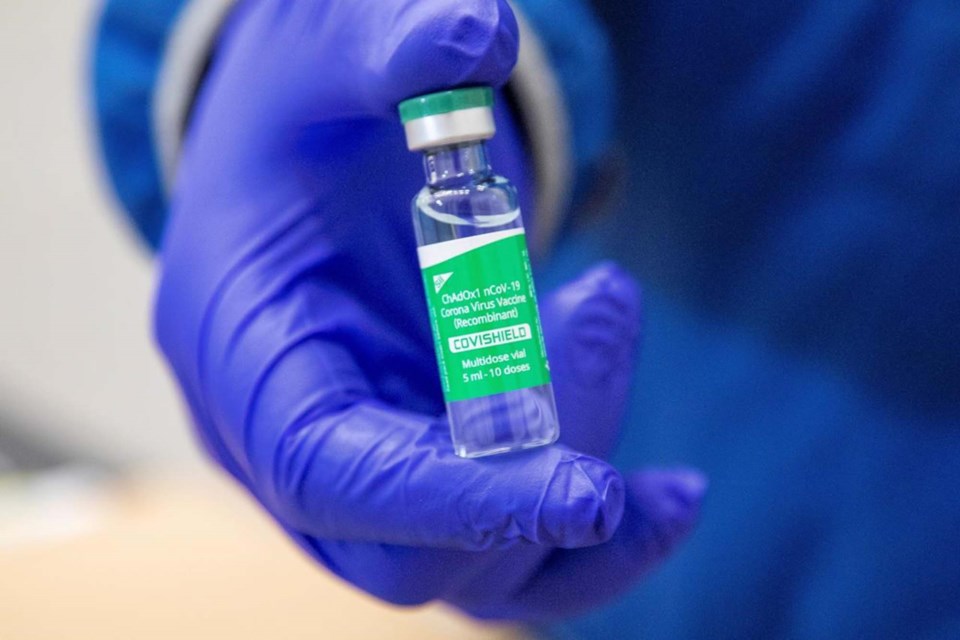Global health experts came under increasing pressure on Tuesday to clear up questions over the safety of AstraZeneca’s COVID-19 shot, as Sweden and Latvia joined countries suspending their use in a further blow to Europe’s vaccination rollout.
The European Medicines Agency (EMA) said it was investigating reports of 30 cases of unusual blood disorders out of 5 million recipients of the AstraZeneca vaccine. In total, 45 million COVID shots have been delivered across the region.
The EU regulator will release its findings on Thursday but its head, Emer Cooke, said she saw no reason to change its recommendation of AstraZeneca - one of four vaccines that it has approved for use.
“The benefits continue to outweigh the risks, but this is a serious concern and it does need serious and detailed scientific evaluation,” Cooke told a news conference.
A World Health Organization (WHO) committee of experts was reviewing the cases and was expected to issue a statement by the end of the day, a spokesman said.
The EU’s largest members - Germany, France and Italy - suspended use of AstraZeneca’s vaccine on Monday pending the outcome of investigations into unusual cases of a rare cerebral thrombosis in people who had received it.
The addition of Sweden and Latvia on Tuesday brought to 13 the number of EU countries to act since reports first emerged of thromboembolisms affecting people after they got the AstraZeneca shot.
The WHO and EMA had earlier joined AstraZeneca in saying there is no proven link, but some experts said the episodes of blood clots, bleeding and low platelet counts in younger people seemed to indicate a causal connection to the AstraZeneca shot.
“The benefits of vaccination significantly outweigh the risks, especially for the elderly,” said Karl Lauterbach, health spokesman for Germany’s Social Democratic Party.
“But it could be the case that the risks of the vaccine are higher for certain patient groups such as young women,” Lauterbach, an epidemiologist whose party is part of the Berlin coalition, told Deutschlandfunk radio in an interview.
Other epidemiologists note that similar cases have not been found in unusual numbers in Britain, which began using AstraZeneca earlier and has given more than 10 million doses.
“A very likely explanation of at least some of the clotting disorders seen are a result of COVID-19 rather than the vaccine,” said Stephen Evans, professor of pharmacoepidemiology at the London School of Hygiene and Tropical Medicine.
(Reuters)



